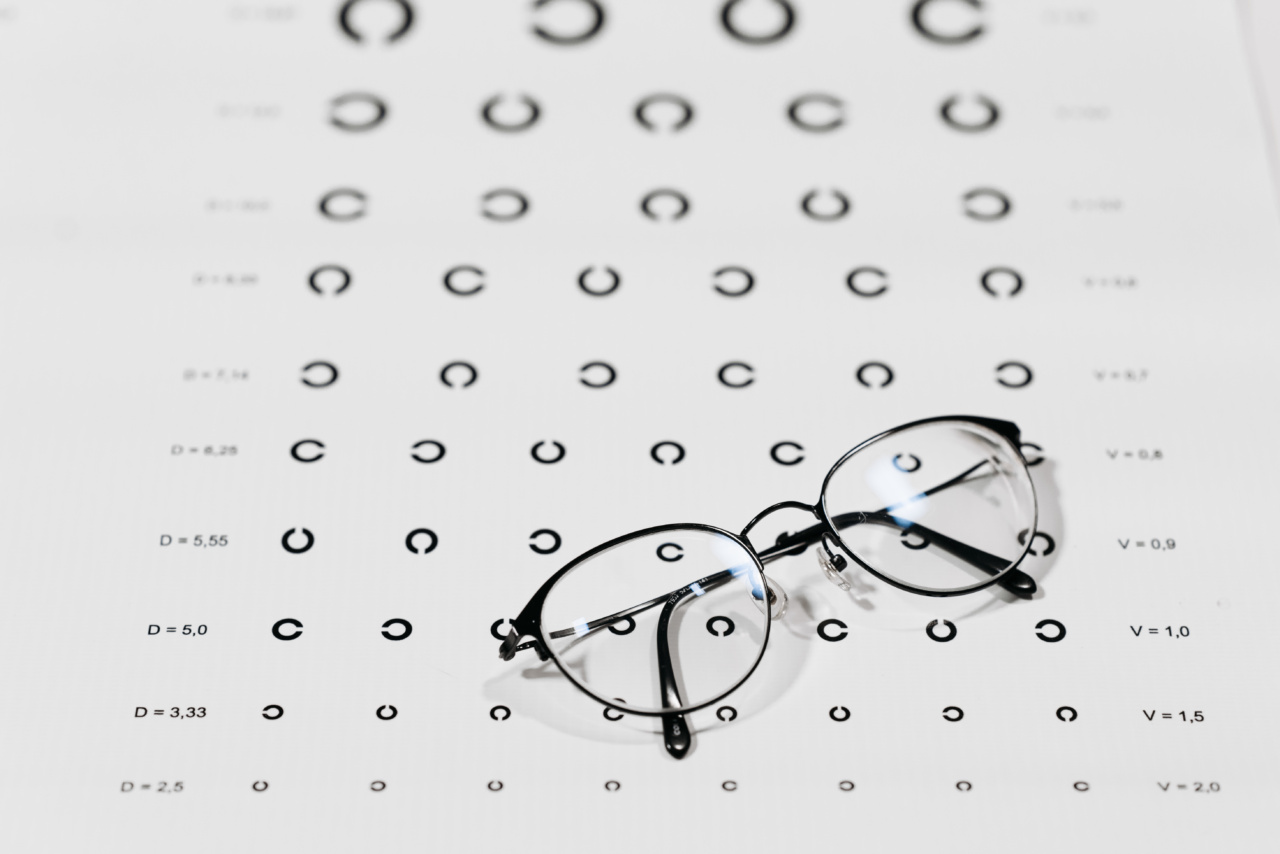Love is a complex and multifaceted emotion that has intrigued philosophers, poets, and scientists for centuries.
From a scientific perspective, love can be seen as a chemical reaction in the brain, with various hormones and neurotransmitters playing a role in what we experience as love. However, scientific data on love often presents paradoxes, as the intricacies of this emotion defy simple explanations. In this article, we will explore some of the paradoxes of love that emerge from scientific studies.
The Paradox of Attraction
One of the fundamental paradoxes of love lies in the concept of attraction. While it is widely believed that opposites attract, scientific studies suggest that individuals are more likely to be attracted to partners who possess similar characteristics.
This phenomenon, known as assortative mating, challenges the traditional notion of opposites attracting and raises questions about the complexity of attraction.
The Paradox of Chemistry
Chemistry between two individuals is often cited as a crucial element of romantic love.
However, scientific data shows that the chemical reactions in our brains that contribute to the experience of romantic love are not always sustainable in long-term relationships. The initial surge of dopamine, serotonin, and oxytocin that creates intense feelings of passion tends to diminish over time, leading to the paradoxical question of whether sustaining love requires more than just chemistry.
The Paradox of Love and Attachment
Attachment theory suggests that human beings have a deep-rooted need for emotional bonds and connection. However, scientific research highlights the paradoxical nature of love and attachment.
While attachment is crucial for healthy relationships, excessive attachment can lead to possessiveness, jealousy, and even codependency. Thus, the very thing that brings us closer to love can also become a source of conflict and suffering.
The Paradox of Love and Happiness
Love is often associated with happiness and fulfillment. However, studies have shown that being in a romantic relationship does not guarantee happiness. In fact, love can sometimes be a source of stress, anxiety, and even depression.
This paradox highlights the intricate relationship between love and happiness, suggesting that happiness cannot solely be dependent on love alone.
The Paradox of Unrequited Love
Unrequited love, where one person’s affection is not reciprocated, has been a theme in literature and art for centuries. Scientific data on unrequited love reveals a paradoxical nature.
Studies suggest that individuals who experience unrequited love often have increased levels of passion and obsession, which can lead to negative emotional outcomes. However, unrequited love can also be a source of personal growth and resilience, challenging individuals to find strength in the face of rejection.
The Paradox of Love and Risk-Taking
Love often involves a degree of vulnerability and risk, as we open ourselves up to the possibility of getting hurt. Paradoxically, scientific studies show that being in love can also make individuals more willing to take risks.
The surge of positive emotions associated with being in love can override our usual risk assessment mechanisms, leading to potentially irrational and impulsive behavior.
The Paradox of Passion and Stability
Passionate love is often characterized by intense emotions, desire, and excitement.
However, scientific research suggests that passionate love tends to be less stable compared to compassionate love, which is characterized by deep affection, trust, and commitment. The paradox lies in the fact that while passion may be exhilarating, it can also be short-lived and unstable, whereas stability and longevity often require a shift towards a more compassionate form of love.
The Paradox of Love and Individuality
Love is often portrayed as a union of two individuals, where the boundaries between them may blur. Paradoxically, love also requires a strong sense of self and individual autonomy.
Scientific studies highlight the importance of maintaining individuality within a relationship, as losing one’s sense of self can lead to feelings of suffocation and resentment.
The Paradox of Love and Time
Time is a critical factor in understanding the paradoxes of love. On one hand, love and emotional connections can deepen over time, leading to stronger and more meaningful relationships.
On the other hand, the passage of time can also lead to complacency, boredom, and the erosion of love and intimacy. This paradox raises questions about the role of time in love and how to maintain its vibrancy over the long haul.
The Paradox of Love and Evolution
From an evolutionary perspective, love and reproduction are intricately linked. However, love often extends beyond reproductive purposes, encompassing various forms of love such as companionship, friendship, and familial love.
The paradox lies in the fact that love, as an emotion, seems to transcend its evolutionary origins and serve a broader range of purposes in human connections.



























